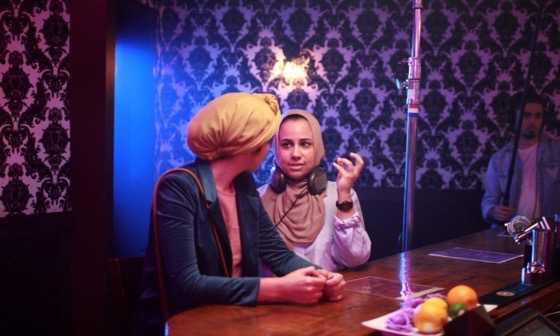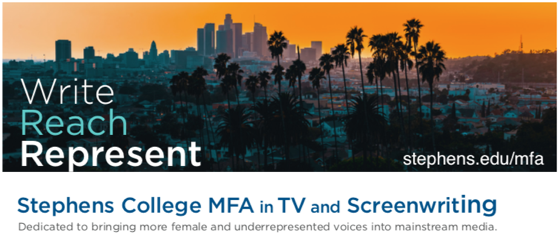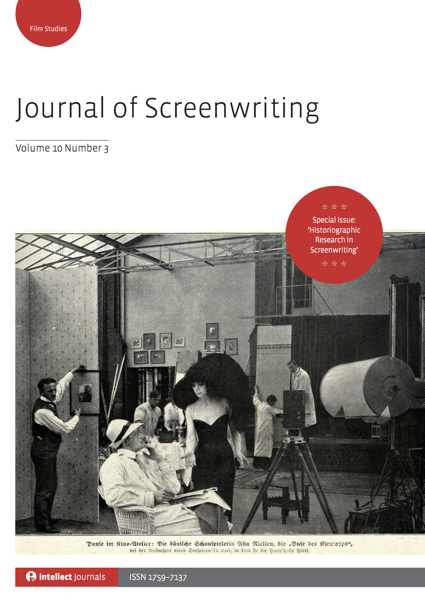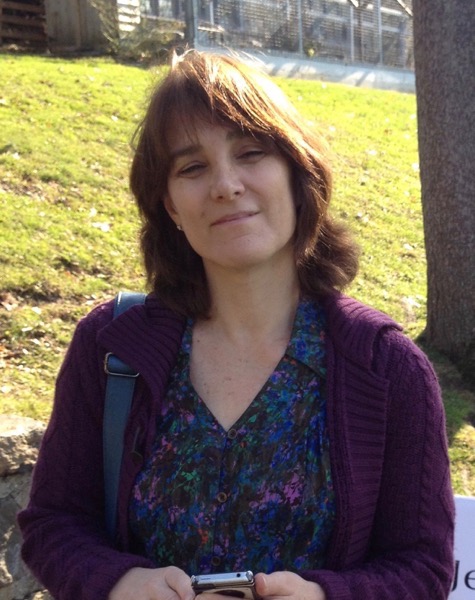Stephens College MFA in TV and Screenwriting alum Sahar Jahani recently sat for an interview with Voyage LA magazine. Check it out and join our fall 2020 cohort to put yourself on the road to your screenwriting future.
Write. Reach. Represent.
Today we’d like to introduce you to Sahar Jahani.
Sahar, can you briefly walk us through your story – how you started and how you got to where you are today.
I am first generation Iranian-American and come from a Muslim family, so it took me a while to realize that this career was even a possibility. If you can’t see it, it’s hard to believe you can also do it. By that, I mean that I didn’t know any other Muslims or Iranians who worked in Hollywood even though I grew up twenty minutes from all the studios. I remember driving by the Disney Animation building on the 134 freeway on my way to school every day and just think it was the coolest place in the world. But for me, it felt unattainable.
Ten years later, I’m having meetings there all the time. I was always interested in storytelling from a young age. My sister and I would put on plays for my family and I developed an interest in photography in high school, but I never considered film as a career until I was in college. I had planned to become a journalist because that was the closest thing to film that I could consider a tangible career. But when I started school at UC Irvine and began interning at different newspapers, I realized how much journalism was changing in an era of digital media.
Read the entire article – Meet Sahar Jahani
Visit the Stephens College MFA in TV and Screenwriting for more information.
Follow and Like the Stephens College MFA in TV and Screenwriting



![04 Elizabeth Gaskell and the Salem Witch Trials from When Women Write Horror with Dr. Rosanne Welch [Video] (1 minute 15 seconds)](https://rosannewelch.com/wp-content/uploads/2020/03/rmw-cpp-horror-04.jpeg)


![02 About Dr. Rosanne Welch from Why Researching Screenwriters (has Always) Mattered – Dr. Rosanne Welch [Video] (1 minute 12 seconds)](https://rosannewelch.com/wp-content/uploads/2020/03/rmw-sao-paolo-02.jpeg)

![03 Elizabeth Gaskell from When Women Write Horror with Dr. Rosanne Welch [Video] (1 minute 3 seconds)](https://rosannewelch.com/wp-content/uploads/2020/03/rmw-cpp-horror-03.jpeg)
